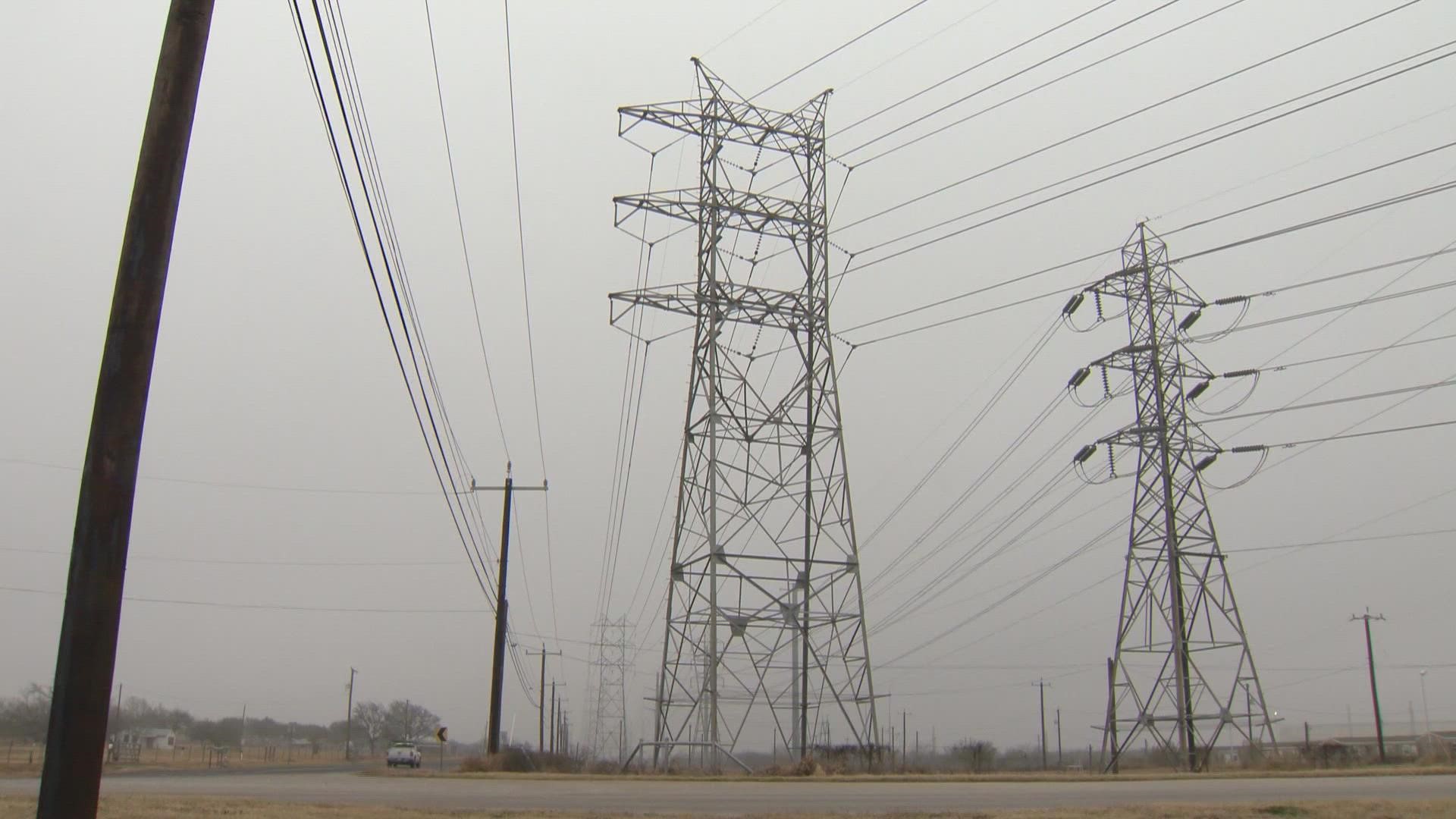SAN ANTONIO — The Texas Department of Housing and Community Affairs (TDHCA) is no longer accepting applications for the Texas Utility Help assistance program, a buoy for low-income residents struggling to pay skyrocketing electricity bills.
"Due to overwhelming interest in the program, we are currently not accepting new applications for energy bill assistance while we process the ones already in the queue," the state program's website reads.
Texas launched the project on July 7. The department stopped processing applications after less than two weeks.
It's not clear if the $50 million fund ran dry or if the state agency was not prepared to handle demand.
Either way, AARP Texas state director Tina Tran said interest in the initiative demonstrates how rising electricity prices have impacted the state's most vulnerable.
"People are really struggling, particularly older Texans who are often on fixed incomes," she said. "They're past their breaking point, as far as what they can afford to do."
This week, CPS Energy leaders told San Antonio city leaders the average June electricity bill rose from $147 to $225 year over year.
Customers are buying more electricity to keep their homes cool. Increased usage accounts for $37 of the $78 average increase, CPS Energy administrators said.
The utility has also passed natural gas price hikes on to its customers. The average resident will pay about $31 more in June to cover skyrocketing fuel prices, as the world weans off Russian supply natural gas supply.
Many power plants rely on the fossil fuel to generate electricity.
Amanda Nunez, a northside resident, said she unplugged all the appliances in her home after she opened her May electricity bill. Still, her June bill cost $25 more.
She said electricity typically costs her about $140 each month. This month, she owes $375.
"Utilities are not a luxury," Tran said. "It is a life and death situation for a lot of these folks."
Some federal money is still available for disbursal. The Help for Texans website includes a searchable database where residents can find other relief programs.
TDHCA also recommends calling 2-1-1 to learn about local assistance options. Churches and faith organizations may also offer help.
Still, Tran said lawmakers need to consider long-term solutions to lower prices as electricity demand booms.
"It really is untenable to expect Texans to deal with this every summer," she said.
She lamented the Texas Utility Help program's pause.
"To see it depleted so quickly... is really, deeply disappointing," she said. "They really should've seen this increased demand come from a mile away."

